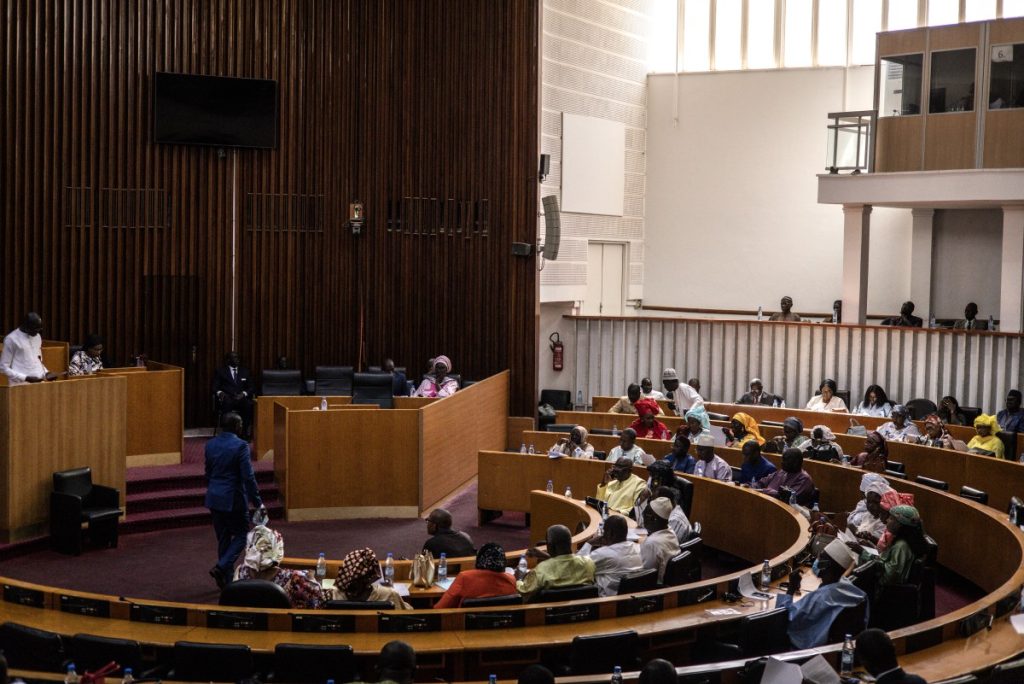Senegal’s President Bassirou Diomaye Faye and the opposition-controlled National Assembly are in a precarious standoff that could lead to the dissolution of parliament and snap elections.
The extraordinary session of the National Assembly, convened on 5 September 2024, has revealed the deep-seated divisions between the executive and legislative branches. Prime Minister Ousmane Sonko’s general policy statement (DPG) has become a focal point of contention.
The Benno Bokk Yakaar (BBY) coalition, which holds a majority in parliament with 81 out of 165 seats, has signalled its intent to lodge a censure motion against Sonko. If successful, this move would force the resignation of the prime minister and his cabinet, compelling President Faye to appoint a new government.
Adding fuel to the fire, the BBY-led parliament recently rejected a bill proposed by Faye to dissolve two constitutional bodies, the High Council of Territorial Collectives (HCCT) and the Economic, Social, and Environmental Council (CESE). The president has interpreted this rejection as a “profound rupture” between parliamentarians and the popular will expressed in the March 2024 presidential election.
As tensions escalate, President Faye is reportedly considering dissolving the National Assembly and calling for snap elections. This possibility has gained traction following a statement by presidential spokesperson Ousseynou Ly, indicating that Faye had sought advice from the Constitutional Council on the matter.
Should elections be called, political realignments may be on the horizon. Faye and Sonko could potentially seek to rebuild alliances with prominent figures such as Karim Wade of the Senegalese Democratic Party (PDS) and Khalifa Sall of Taxawu Senegal, aiming to strengthen their position against the BBY coalition.
Despite the political turbulence, analysts suggest that the prospect of elections is unlikely to result in a significant shift in the government’s current policy approach. The administration has thus far maintained a relatively moderate stance, particularly in economic matters, showing interest in continuing with International Monetary Fund (IMF) arrangements and maintaining market confidence.
However, the potential dissolution of parliament could disrupt the presentation and passage of the 2025 budget, typically debated in the last quarter of the year. While constitutional provisions allow the president to make budgetary decisions by decree in specific scenarios, the situation underscores the complex challenges facing Senegal’s political landscape.
As Senegal navigates these extraordinary times, the coming weeks will be crucial in determining the country’s political trajectory and the balance of power between its executive and legislative branches.

